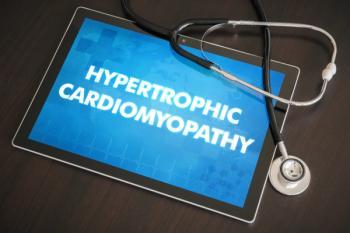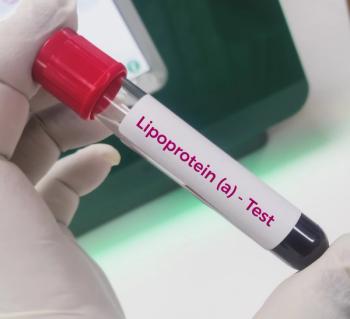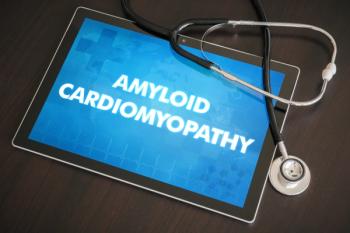
Philip Adamson, M.D., M.Sc.: Health Tech System Detects Heart Failure Symptoms
A remote monitoring system detects indicators of worsening heart failure.
CardioMEMS HF System is a remote monitoring technology that detect changes in pulmonary artery pressure, which is an early indicator of worsening heart failure. The technology, from Abbott, alerts if a patient’s heart failure is worsening and gives clinicians actionable data to intervene before a patient feels symptoms.
The system, Phil Adamson, M.D., M.Sc., FACC, divisional vice president of Global Clinical Affairs, and chief medical officer of Abbott Laboratories, told Managed Healthcare Executive®, is a small micro electromechanical chip that’s placed in the pulmonary artery permanently and does not have a battery or lead. In fact, the U.S. Food and Drug Administration approved the device in 2014.
More than 20,000 patients have benefited so far from the system, Adamson said.
Although no studies have been done specifically on patients during the COVID-19 pandemic, Adamson said a real-world study was completed on 1,200 patients. Investigators found the system demonstrated around a 57% reduction in the need for hospitalization compared to historic controls. A follow-up will be conducted on 1,000 patients in a prospective randomized clinical trial in an enlarged population of whom the investigators think a hemodynamic-guided strategy would be effective.
“This is one of the largest device trials ever done and is certainly the largest hemodynamic-guided care trial ever done,” Adamson added.
Newsletter
Get the latest industry news, event updates, and more from Managed healthcare Executive.

























